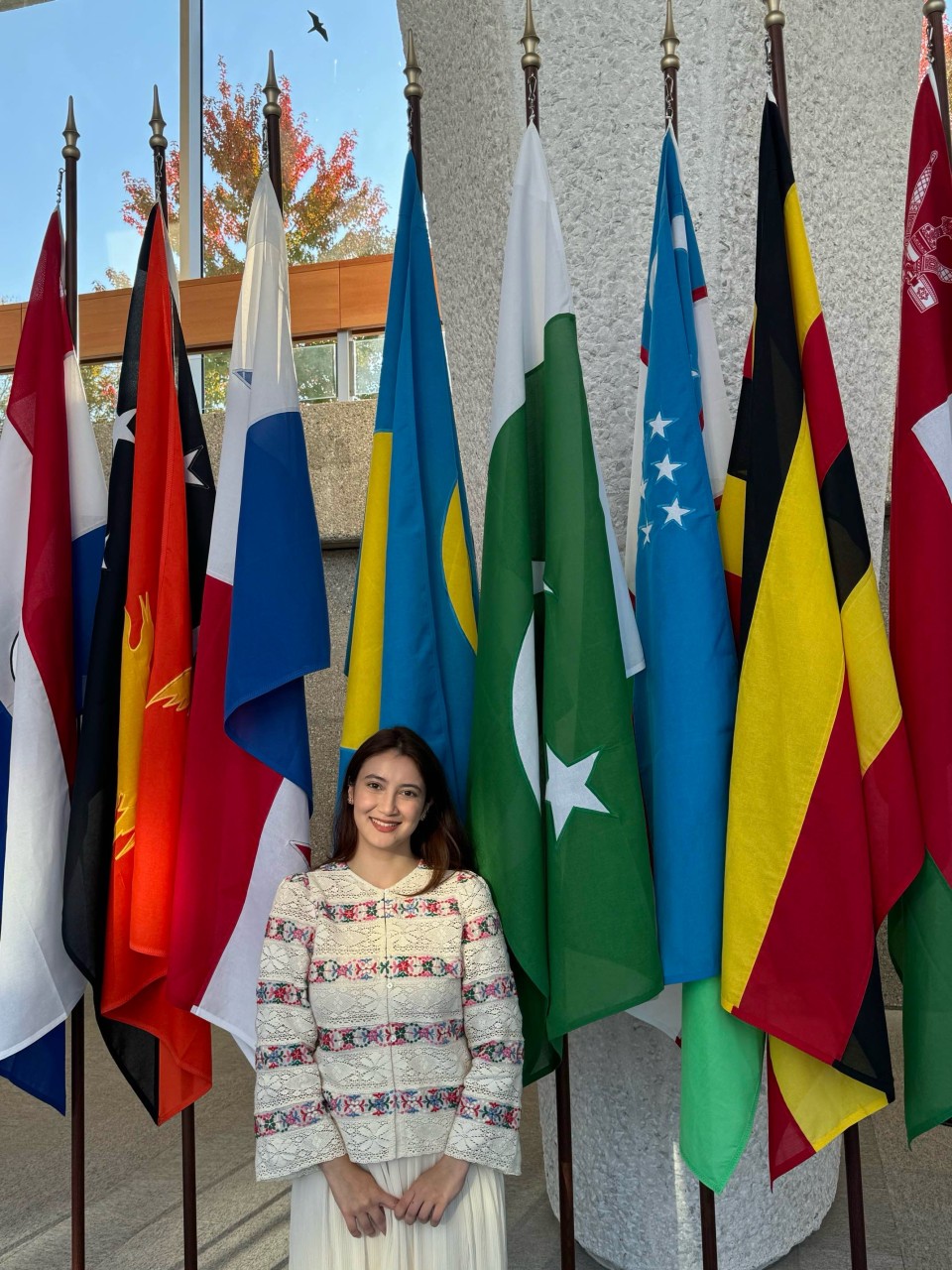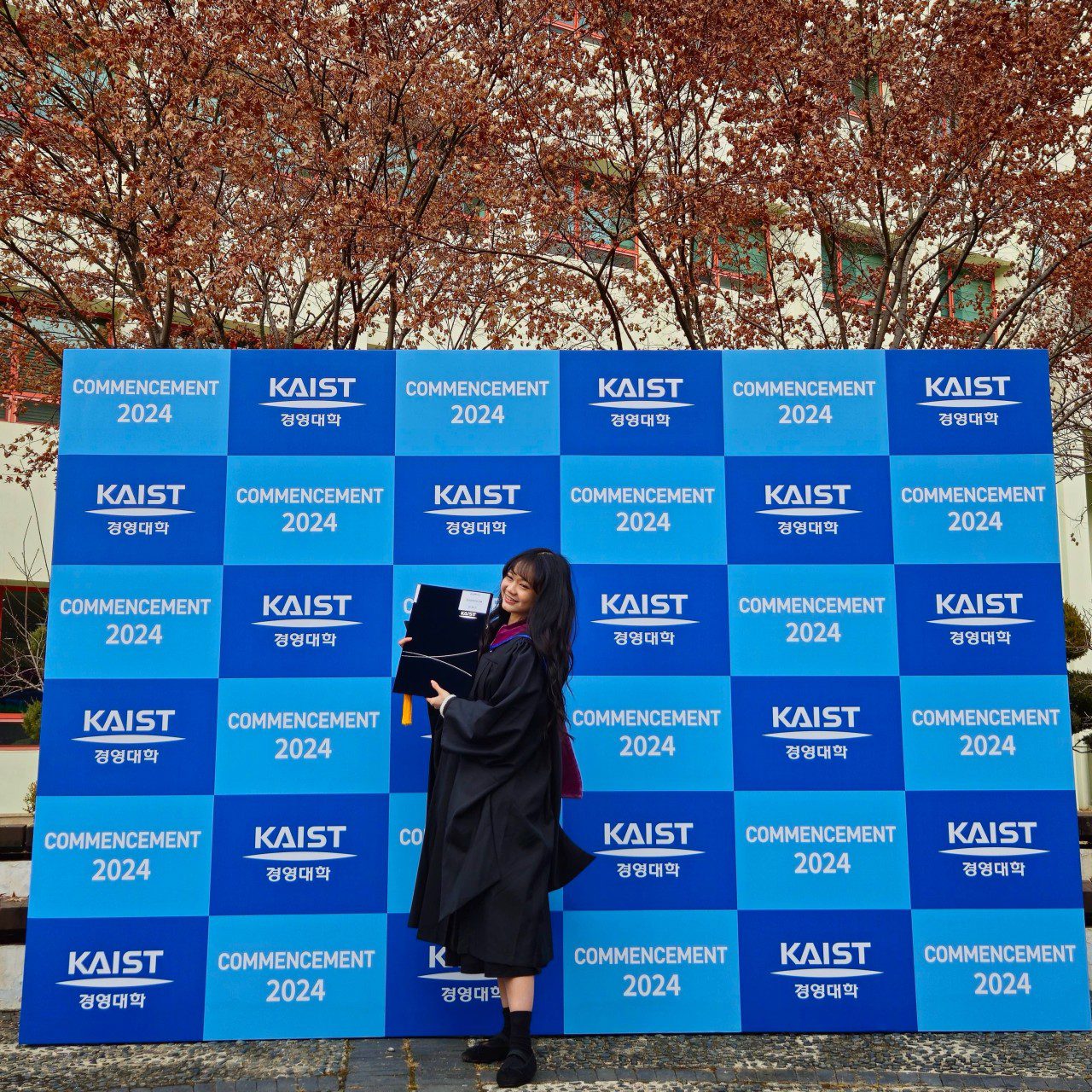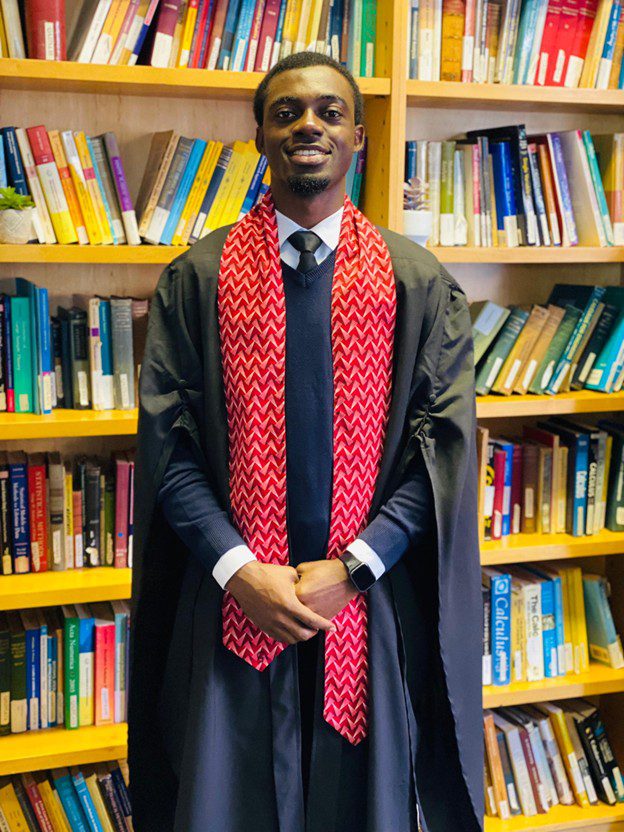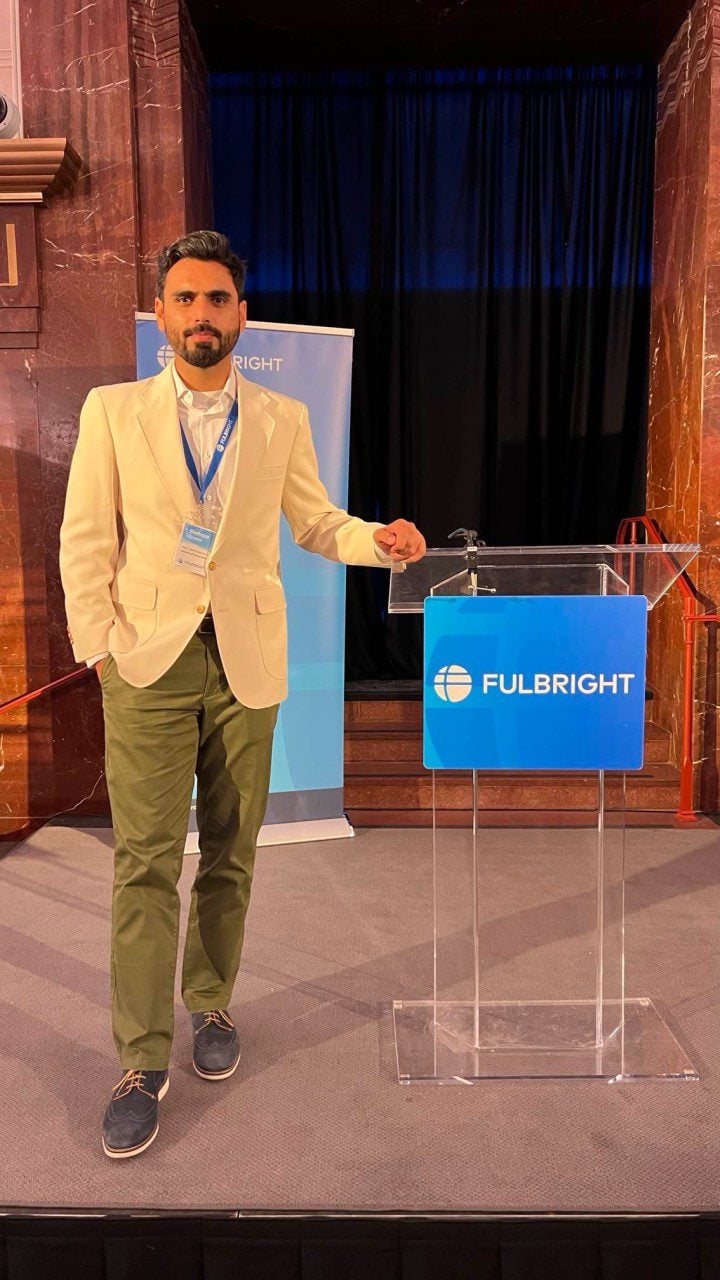How a Pakistani Visual Scholar Won the Fully Funded Stipendium Hungaricum Scholarship to Pursue Her MA in Media and Communication Studies at Eötvös Loránd University
University: Eötvös Loránd University (ELTE), Budapest
Degree: Master’s in Media and Communication Studies (Major in Journalism and Business Communication; Minor in Cultural Anthropology)
Previous Education: Bachelor’s in Visual Communication Design, National College of Arts, Lahore, Pakistan
Scholarship: Stipendium Hungaricum Scholarship – Fully Funded (Tuition, Monthly Stipend, Accommodation Support, Health Insurance)
Social Media

The Journey
I am Minahil Mustafa, currently working as a Public Information Consultant at the United Nations Human Rights Office. In this role, I lead on visual storytelling and digital campaigns that translate complex human rights issues into narratives people can connect with. Every day, I draw on skills and perspectives shaped by an academic journey that took me from Lahore to Budapest to Geneva, and from local design studios to international policy conversations.
I come from Lahore, a city where history and resilience converge. From an early age, I was captivated by the power of visual storytelling to transcend borders and spark change. That fascination led me to the National College of Arts, where I earned a Bachelor’s degree in Visual Communication Design, graduating with a perfect GPA and distinction in my thesis, an exploration of how subliminal persuasion works in advertising.
Subsequently, I gained two years of professional experience in Pakistan across visual communication, fundraising, and political communications. These roles taught me how narratives operate in real-world systems and how they can bridge gaps between communities. I began to see cultural diplomacy as a tool, using design and media to connect politics, cultures, and people.
How Did You Prepare to Apply for the Stipendium Hungaricum Scholarship?
When I began planning for my Master’s, I wanted an environment that would challenge and expand my worldview. Europe, with its borderless travel, layered histories, and vivacious mix of cultures and languages, felt like the perfect setting. I imagined learning not only from lectures but also from immersion, walking through cities shaped by centuries of art, dialogue, and reinvention.
I explored several scholarships but focused my energy on Europe. That path led me to the Stipendium Hungaricum Scholarship and a place at Eötvös Loránd University (ELTE) in Budapest. I pursued a Master’s in Media and Communication Studies, majoring in Journalism and Business Communication and minoring in Cultural Anthropology. ELTE’s flexibility allowed me to take extra credits in Hungarian history, culture, and data visualisation, building an interdisciplinary fluency in storytelling that continues to define my career.
One of the reasons I chose Stipendium Hungaricum over other programs was its emphasis on language learning. I studied Hungarian for a full year and passed the A2 language exam. This has been an asset not just academically but professionally, especially for those hoping to pursue communications careers in Hungary or the broader European context. Language opens doors, and being able to engage with Hungarian texts, media, and cultural references deepened my understanding of the social fabric I was studying.
Securing the Stipendium Hungaricum meant navigating a rigorous selection process:
- Application and technical check: I curated my portfolio and Statement of Purpose to show both academic excellence and a clear vision for how I would use this degree. I highlighted my academic achievements and my professional experience across multiple communication fields.
- HEC nomination based on HAT score: The HAT carries considerable weight in Pakistan, accounting for approximately half of the merit formula. I began early, practising past papers, revisiting A-Level textbooks, and refreshing high school mathematics concepts for the quantitative section. The competition in Pakistan is intense; consistent preparation made all the difference.
- Institutional interviews: During my interview with ELTE, I didn’t just discuss design or media in isolation. I positioned myself as someone keen to examine the structural similarities between Hungarian and Pakistani media cultures, both shaped by histories of colonial influence, state-led nation-building, censorship pressures, and rapid digital transformation. I spoke about cultural diplomacy as a practice that can emerge through comparative storytelling and research.
This theme, of navigating media control, cultural narratives, and state influence, was a constant across my coursework at ELTE. I examined Hungarian state-led media regulation, focusing on ownership consolidation and press capture, and contrasted it with Pakistan’s shifting media landscape, where regulatory bodies and political narratives dictate what is aired and what is silenced. Despite differing contexts, both countries revealed patterns of soft censorship, nationalism, and media ecosystems shaped by politically affiliated networks. These reflections culminated in my thesis, where I expanded this comparative lens across visual culture, public narratives, and urban identity. For me, storytelling emerged as a form of cultural diplomacy, most impactful when it honours complexity, context, and contradiction.
Although the scholarship is fully funded, prospective students should know that, given current inflation, the stipend does not always cover living costs in Budapest. I was able to support myself by taking on part-time work and internships at design houses, roles I secured quickly because I had a strong portfolio and proactively built connections with professors and peers. Networking with people who shared an interest in art and culture opened doors and helped me build a community that sustained me both financially and intellectually.
Advice for Prospective Applicants
- Start early on the HAT: work through past papers, revisit A Level books, and rebuild your confidence in high school maths. The competition is intense, and steady preparation is everything.
- Show your depth: highlight academic milestones like a strong GPA or thesis distinction and bring in professional experience that shows you understand how your field operates beyond theory.
- Position yourself in context: In your essays and interviews, connect your goals not only to the program but also to the city and region you hope to study in. Show that you’re ready to contribute, not just receive.
- Plan financially: the stipend is helpful but not always sufficient, look for part-time work or internships, and build a network early on.
- Use extra credits strategically: choose courses that stretch your perspective and allow you to weave together disciplines in meaningful ways.
- Take the language seriously: learning Hungarian, even to a basic level, can be a major professional advantage and enriches your understanding of the country.
Studying in Hungary was transformative. It taught me self-reliance, adaptability, and the confidence to thrive in unfamiliar environments. I took on challenges, academic, personal, and cultural, with resolve, and along the way, I learned Hungarian and later French, both of which continue to support my work in international communications. My time in Hungary deepened my appreciation for cultural and religious diversity and reaffirmed the importance of intellectual curiosity and perseverance. These values now shape my professional life, whether I’m crafting human rights messaging at OHCHR or building strategies that connect across borders and communities.
Want to submit your
scholarship journey?
Submit Your Story Here!
More Scholarship Recipients

My name is Vania Estrellita Soegiarto, and I am from Indonesia. I pursued a Finance MBA at KAIST Business School in South Ko .... Read more

Hello, I’m Toyeeb Olamilekan Abubakar from Nigeria. I earned a Bachelor of Science degree in Statistics from the Universit .... Read more

My name is Shehryar Jafar, and I’m from Karachi, Pakistan. I’m currently a PhD student in Electrical Engineering at the .... Read more

Leave A Comment